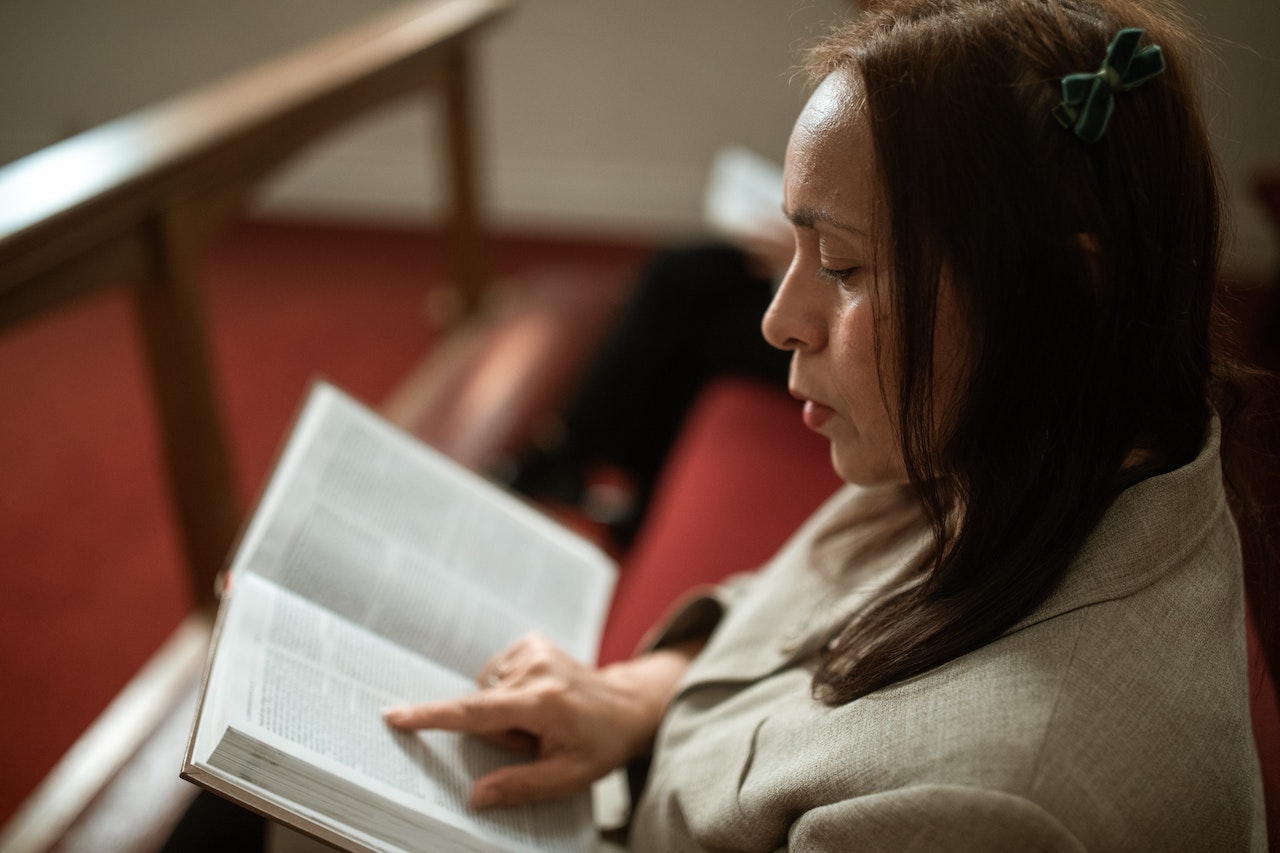Overeating is a common problem in today’s society, and it can have serious health consequences. But is overeating a sin in the eyes of the Catholic Church? This is an important question to consider, as the Catholic Church has a long history of teaching about the importance of temperance and moderation in all aspects of life. In this article, we will explore the Catholic Church’s teachings on overeating and discuss how it can be addressed in a healthy and responsible way.
Table of Contents
The Catholic Perspective on Overeating: What Does the Bible Say?
The Bible has a lot to say about overeating and gluttony. In Proverbs 23:2, it says, “Put a knife to your throat if you are given to gluttony.” This verse is a warning against overindulging in food and drink. It’s a reminder that we should be mindful of our eating habits and not let them get out of control.
The Catholic Church also has a strong stance on overeating. In the Catechism of the Catholic Church, it states that “Gluttony is a sin against temperance,” and that “those who eat and drink immoderately sin against their own bodies.” This is a reminder that we should be mindful of our eating habits and strive to maintain a healthy balance.
The Bible also speaks of the importance of moderation in all things. In 1 Corinthians 10:23, it says, “Everything is permissible, but not everything is beneficial.” This is a reminder that we should be mindful of our eating habits and strive to maintain a healthy balance.
The Catholic Church also encourages us to be mindful of our eating habits and strive to maintain a healthy balance. In the Catechism of the Catholic Church, it states that “The virtue of temperance disposes us to avoid every kind of excess: the abuse of food, alcohol, tobacco, or medicine.” This is a reminder that we should be mindful of our eating habits and strive to maintain a healthy balance.
In conclusion, the Bible and the Catholic Church both have a lot to say about overeating and gluttony. We should strive to maintain a healthy balance in our eating habits and be mindful of the consequences of overindulging.
How to Avoid Overeating According to Catholic Teaching
Overeating can be a difficult habit to break, but it’s important to remember that our bodies are temples of the Holy Spirit and should be treated with respect. Here are some tips to help you avoid overeating according to Catholic teaching:
1. Pray before meals. Before you start eating, take a few moments to thank God for the food you’re about to eat. This will help you to be mindful of what you’re eating and to be grateful for the nourishment you’re receiving.
2. Eat slowly. Take your time when you’re eating and savor each bite. This will help you to be mindful of how much you’re eating and to recognize when you’re full.
3. Avoid distractions. Turn off the TV and put away your phone while you’re eating. This will help you to focus on the food and to be mindful of how much you’re eating.
4. Eat with others. Eating with family and friends can help to keep you accountable and to remind you to be mindful of how much you’re eating.
5. Don’t skip meals. Skipping meals can lead to overeating later on, so make sure to eat regular meals throughout the day.
By following these tips, you can avoid overeating and honor your body as a temple of the Holy Spirit.
The Role of Self-Control in Preventing Overeating from Becoming a Sin
Overeating can be a tricky thing to manage, especially when it comes to preventing it from becoming a sin. But with a little self-control, it doesn’t have to be.
Self-control is key when it comes to preventing overeating from becoming a sin. It’s important to be mindful of how much you’re eating and to be aware of your body’s signals that it’s full. It’s also important to practice portion control and to be aware of what you’re eating. Eating healthy, balanced meals and snacks can help you stay in control of your eating habits.
It’s also important to be aware of your emotional triggers when it comes to overeating. If you find yourself reaching for food when you’re feeling stressed or emotional, it’s important to take a step back and find healthier ways to cope with those feelings. Taking a walk, talking to a friend, or engaging in a hobby can help you manage your emotions without turning to food.
Finally, it’s important to remember that overeating doesn’t have to be a sin. It’s okay to indulge in a treat every now and then, as long as you’re mindful of your portion sizes and don’t overdo it. With a little self-control, you can enjoy your food without feeling guilty.
How to Find Balance in Eating Habits According to Catholic Doctrine
Finding balance in your eating habits according to Catholic doctrine can be a challenge, but it doesn’t have to be! Here are some tips to help you find balance in your eating habits:
1. Eat in moderation. The Catholic Church teaches that we should eat in moderation and not overindulge. This means eating only when you are hungry and not eating too much.
2. Eat a variety of foods. Eating a variety of foods helps ensure that you get all the nutrients your body needs. Try to include a variety of fruits, vegetables, grains, and proteins in your diet.
3. Avoid processed foods. Processed foods are often high in sugar, salt, and unhealthy fats. Try to limit your intake of processed foods and opt for fresh, whole foods instead.
4. Eat with intention. Eating with intention means being mindful of what you are eating and why. Ask yourself if you are truly hungry or if you are eating out of boredom or stress.
5. Practice self-care. Self-care is an important part of finding balance in your eating habits. Make sure to take time for yourself and do things that make you feel good.
By following these tips, you can find balance in your eating habits according to Catholic doctrine. Remember, it’s important to be kind to yourself and to listen to your body.
Conclusion
In conclusion, overeating is not considered a sin in Catholicism. However, it is important to remember that overeating can lead to health problems and should be avoided. Eating in moderation and being mindful of what we eat is the best way to ensure that we are taking care of our bodies and honoring God.
For licensing reasons, we must provide the following notice: This content was created in part with the help of an AI.


